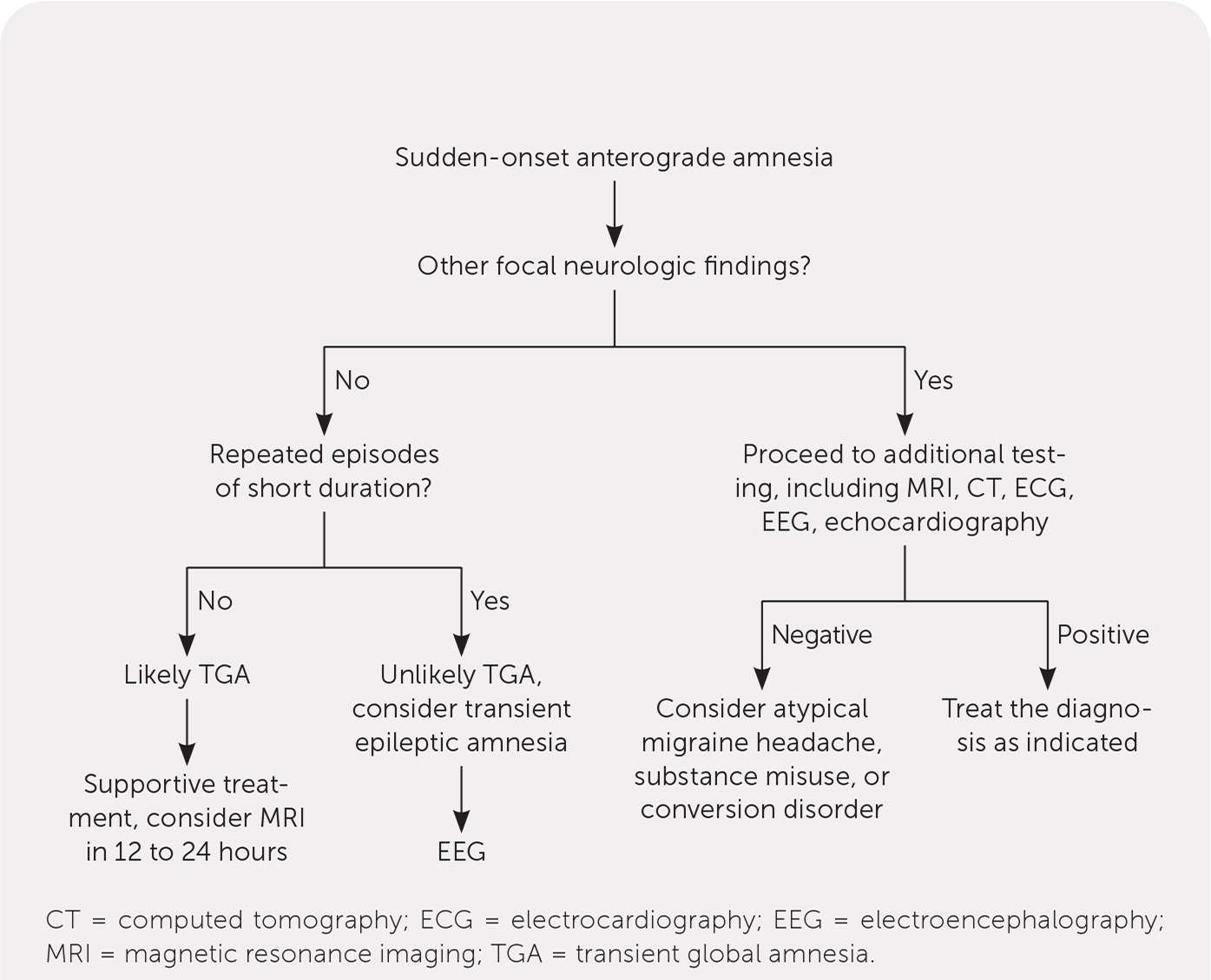
Response to antiepileptic drugs is less evident.Įpileptic pseudodementia memory disturbances temporal lobe epilepsy transient epileptic amnesia. It is due to very frequent and recurrent subtle temporal lobe seizures. Accelerated long-term forgetting and autobiographical amnesia, which are invisible to standard memory tests, help to explain the discrepancy between normal test performance and prominent memory complaints among patients with epilepsy. Transient epileptic amnesia (TEA) is a form of epilepsy of which the principle manifestation is recurrent, transient episodes of isolated memory loss. Epileptic pseudodementia is a pure disturbance of verbal episodic memory, stable over time. Summary: Transient epileptic amnesia is an under-recognized but treatable cause of transient memory impairment. Interictal memory disturbances consist of autobiographic memory disorders and long term forgetting. Conversely to TGA, TEA have a shorter duration, is recurrent but have a clear-cut response to antiepileptic drugs. The main differential diagnosis is transient global amnesia (TGA). Change in alertness Confusion or memory loss Slurred. TEA is characterized by recurrent episodes of acute transient amnesia lasting less than one hour. if the following signs are observed during treatment, the patient should be taken to the ER for acute care. Transient epileptic amnesia (TEA) is a subtype of medial temporal lobe epilepsy with late onset. Both represent potentially reversible memory disturbances and have a treatment based on antiepileptic drugs. Two atypical clinical epileptic syndromes should be pointed out in the elderly: the transient epileptic amnesia and the epileptic pseudodementia. OBJECTIVESTo clarify the clinical and neuropsychological aspects of transient epileptic amnesia (TEA) based on 10 personally studied cases as well as review of 21 previously published cases and to propose tentative diagnostic criteria for the diagnosis of TEA. Episodes of transient epileptic amnesia (ie, seizures) usually respond promptly to treatment with drugs used for the treatment of focal epilepsies, although interictal impairment may persist. ictal memory disturbances, or between seizures, i.e. These memory disturbances may occur during seizures, i.e. These findings support the theory of a Todd phenomenon as the underlying pathophysiological mechanism in transient epileptic amnesia.The epileptic syndromes, notably the temporal lobe epilepsy, frequently include memory disturbances. hours after the occurrence of a brief focal seizure. Prolonged postictal slowing in the mesial temporal structures was evident on invasive electroencephalography 5. We describe a patient with drug-resistant transient epileptic amnesia treated with unilateral temporal lobectomy. When appropriately recognized, it has been described as a treatment-responsive syndrome amenable to antiepileptic drugs. All participants presented with memory complaints, most commonly retrograde amnesia. However, if you have experienced any of the symptoms listed. Seizures ceased on initial treatment in 8 of the.

Consequently, transient epileptic amnesia may be readily misdiagnosed as a nonepileptic memory dysfunction in older individuals. There are no specific treatments for TGA as symptoms typically resolve on their own within 24 hours. These findings support the theory of a Todd phenomenon as the underlying pathophysiological mechanism in transient epileptic amnesia.ĪB - Transient epileptic amnesia is a rare but probably underrecognized form of temporal lobe epilepsy, which typically manifests as episodic isolated memory loss.

Transient epileptic amnesia is an under-recognized but treatable cause of transient memory impairment. Further work is required to establish whether the interictal memory impairment is due to physiological or structural disturbance. We describe a patient with drug-resistant transient epileptic amnesia treated with unilateral temporal lobectomy. Transient epileptic amnesia (TEA) is a distinctive syndrome and comprises episodic transient amnesia with an epileptic basis, without impairment of other aspects of cognitive function. The seizures respond promptly to treatment, whereas the interictal impairments generally persist. When appropriately recognized, it has been described as a treatment-responsive syndrome amenable to antiepileptic drugs. Transient global amnesia: A passing episode of short-term memory loss without other signs or symptoms of neurological impairment. Consequently, transient epileptic amnesia may be readily misdiagnosed as a nonepileptic memory dysfunction in older individuals. N2 - Transient epileptic amnesia is a rare but probably underrecognized form of temporal lobe epilepsy, which typically manifests as episodic isolated memory loss.


 0 kommentar(er)
0 kommentar(er)
